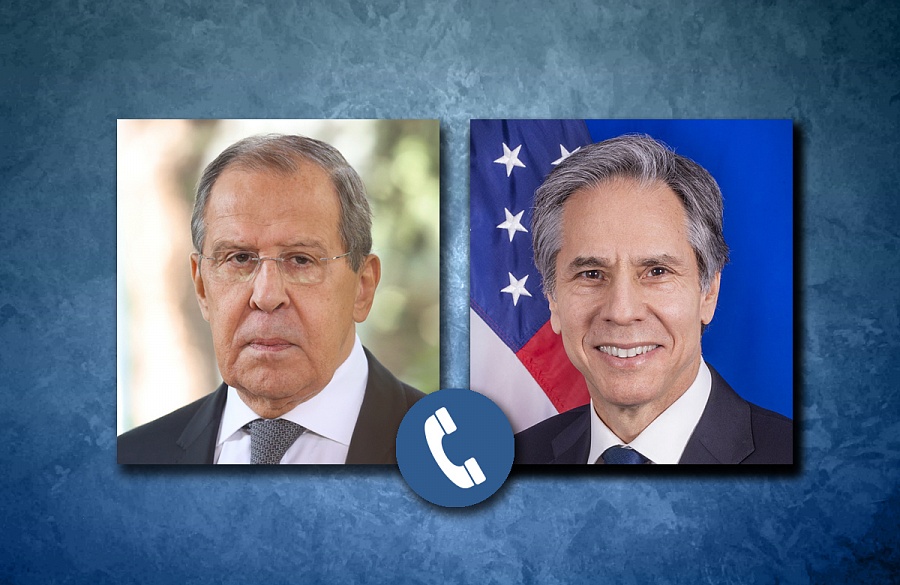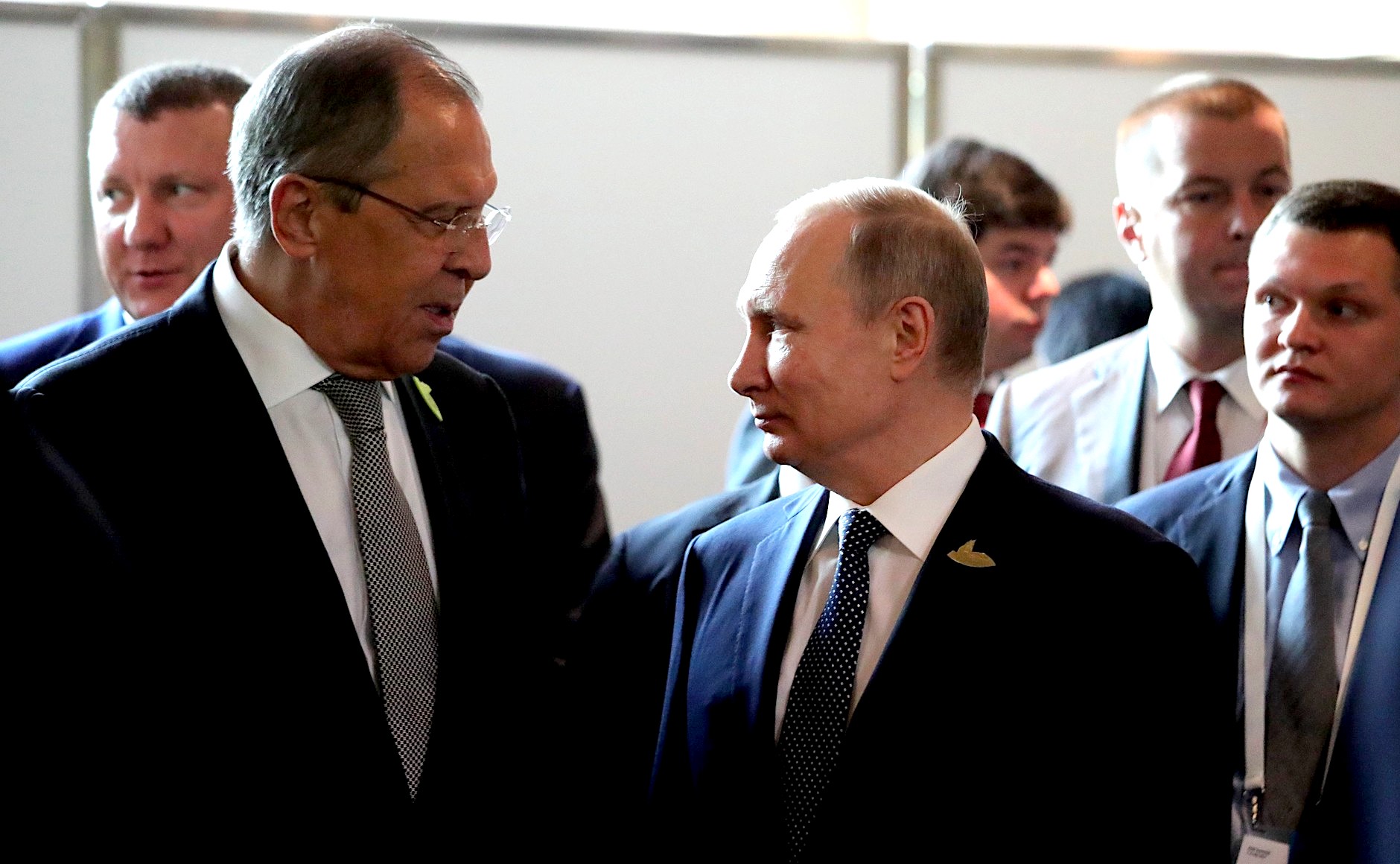1 August, 2009 — MRZine – Monthly Review
Like the star gazers who last week watched the longest total solar eclipse of the 21st century, diplomatic observers had a field day watching the penumbra of big power politics involving the United States, Russia and China, which constitutes one of the crucial phenomena of 21st-century world politics.
It all began with United States Vice President Joseph Biden choosing a tour of Ukraine and Georgia on July 20-23 to rebuke the Kremlin publicly for its “19th-century notions of spheres of influence”. Biden’s tour of Russia’s troubled “near abroad” took place within a fortnight of US President Barack Obama’s landmark visit to Moscow to “reset” the US’s relations with Russia.
Clearly, Biden’s jaunt was choreographed as a forceful demonstration of the Barack Obama administration’s resolve to keep up the US’s strategic engagement of Eurasia — a rolling up of sleeves and gearing up for action after the exchange of customary pleasantries by Obama with his Kremlin counterpart Dmitry Medvedev. Plainly put, Biden’s stark message was that the Obama administration intends to robustly challenge Russia’s claim as the predominant power in the post-Soviet space.
Biden ruled out any “trade-offs” with the Kremlin or any form of “recognition” of Russia’s spheres of influence. He committed the Obama administration to supporting Ukraine’s status as an “integral part of Europe” and Ukraine’s Euro-Atlantic integration. Furthermore, in an interview with the Wall Street Journal, Biden spoke of Russia’s own dim future in stark, existential terms.
Continue reading →

 Russian Foreign Minister Sergey Lavrov (L) spoke with US Secretary of State Antony Blinken at latter’s request, Jul 29, 2022
Russian Foreign Minister Sergey Lavrov (L) spoke with US Secretary of State Antony Blinken at latter’s request, Jul 29, 2022 Russian Foreign Minister Sergei Lavrov, left, with President Vladimir Putin in 2017. (The Kremlin)
Russian Foreign Minister Sergei Lavrov, left, with President Vladimir Putin in 2017. (The Kremlin) “They must understand,” Sergei Lavrov said in one of his many public statements last week, “that the key to everything is the guarantee that NATO will not expand eastward.”
“They must understand,” Sergei Lavrov said in one of his many public statements last week, “that the key to everything is the guarantee that NATO will not expand eastward.”